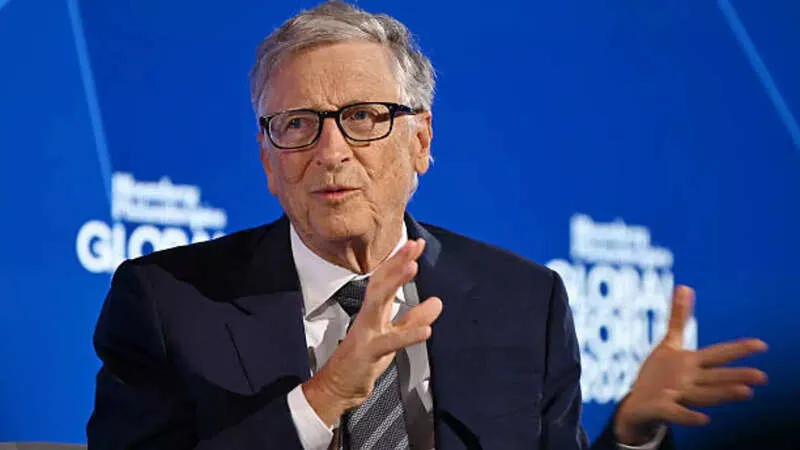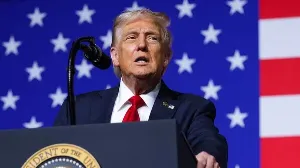Bill Gates Highlights Concerns Over AI Bubble in Tech Industry

Bill Gates, the co-founder of Microsoft, has expressed concerns regarding the current state of artificial intelligence (AI) investments, suggesting that major technology firms, including chip manufacturers like Nvidia and various startups, are facing a significant dilemma. In a recent interview with CNBC, Gates remarked on the widespread influx of capital into AI, questioning whether this trend indicates an impending bubble.
Gates acknowledged the similarities between the current AI excitement and historical speculative manias, notably the 17th-century tulip mania in the Netherlands. However, he stressed that AI's potential is fundamentally different from these past bubbles. "They were just tulips," he said, contrasting it with AI, which he described as "so profound and therefore its influence is hard to overstate."
He further compared the current surge in AI investment to the early days of the internet, a time marked by substantial funding despite the inevitable failures of many projects. Gates emphasised that the real concern is not solely whether an AI bubble exists but how technology firms navigate the challenges of potential failures, energy demands, and workforce changes while leveraging AI's transformative capabilities.
The Importance of AI
Gates highlighted the significant economic and societal impacts of AI, which can provide medical advice, function as personalised tutors, and expedite drug design. He argued that this foundational potential justifies financial investments in the technology, despite the likelihood that many of these investments will lead to dead ends. "A ton of these investments will be dead ends," he stated, yet he reiterated that the transformative benefits of AI make engagement in the field essential.
Risks Facing Technology Companies
In addition to financial uncertainties, Gates pointed out specific risks that keep technology executives awake at night. He mentioned the challenges of establishing data centres in regions where electricity costs are prohibitively high and investing in chip technologies that may become obsolete before they can be monetised.
Despite these challenges, Gates maintained that withdrawing from AI development is not a viable option for technology companies. "If you want to be a tech company, you don’t get to say, ‘No, let’s check out of this race,’" he stated.
Human Impact and Employment Concerns
Beyond financial and technological risks, Gates acknowledged two significant social implications stemming from the rise of AI. He called for more strategic placement of data centres and next-generation solutions, referring to his involvement with the nuclear energy company, Terrapower. He insisted that companies should avoid burdening consumers with higher electricity costs in the pursuit of technological advancement.
On the topic of employment, Gates candidly addressed the anticipated effects of AI on the job market. He stated, "It’s only honest for people to speak frankly about the fact this will have a big effect on the job market," predicting that these changes will become evident over the next several years. As the industry continues to evolve, the dialogue surrounding AI's impact on both the economy and society will remain critical.

Putin Issues Warning to Ukraine Over Trump’s Peace Proposal

First Human Death Linked to Rare H5N5 Bird Flu Strain in the US

Trump and Mamdani Forge Unexpected Alliance in Oval Office Meeting

Royal Enfield Unveils Flying Flea S6 Electric Scrambler in India





